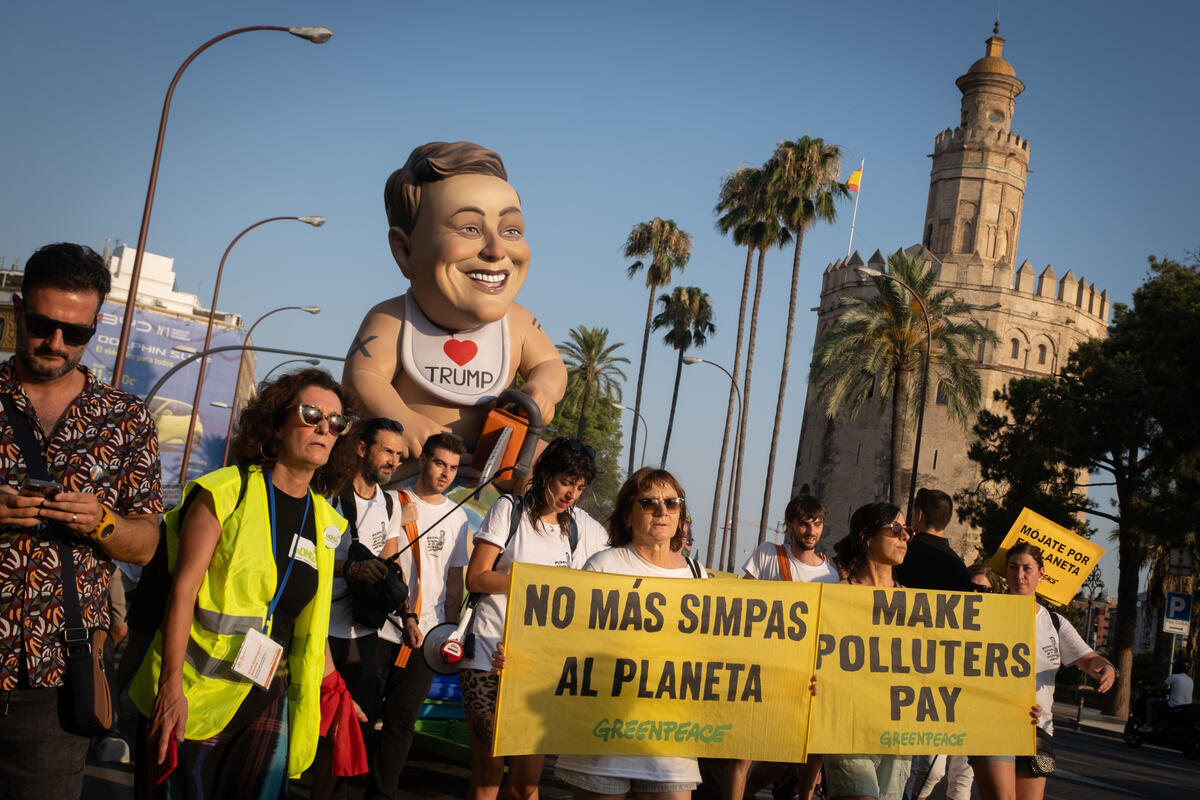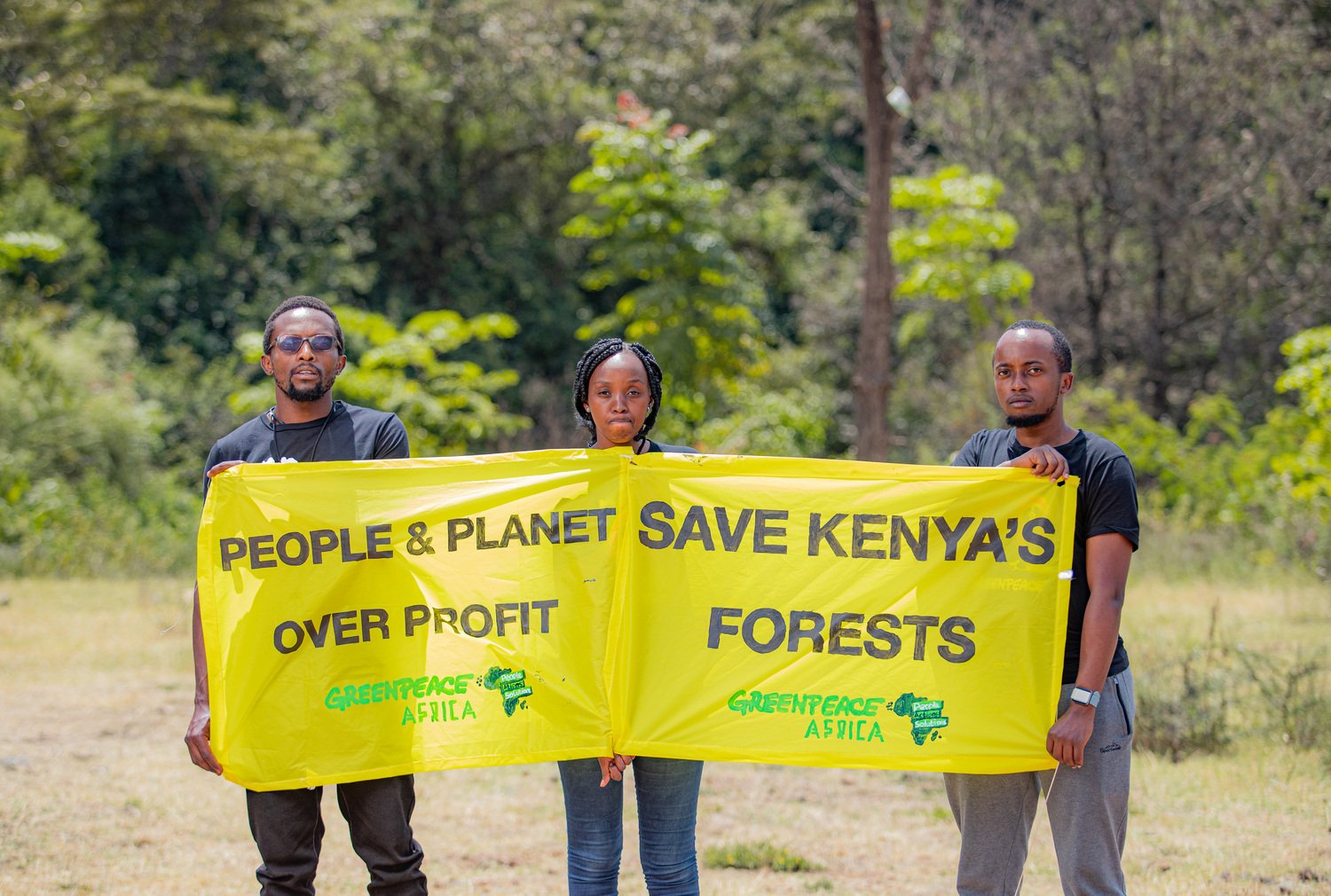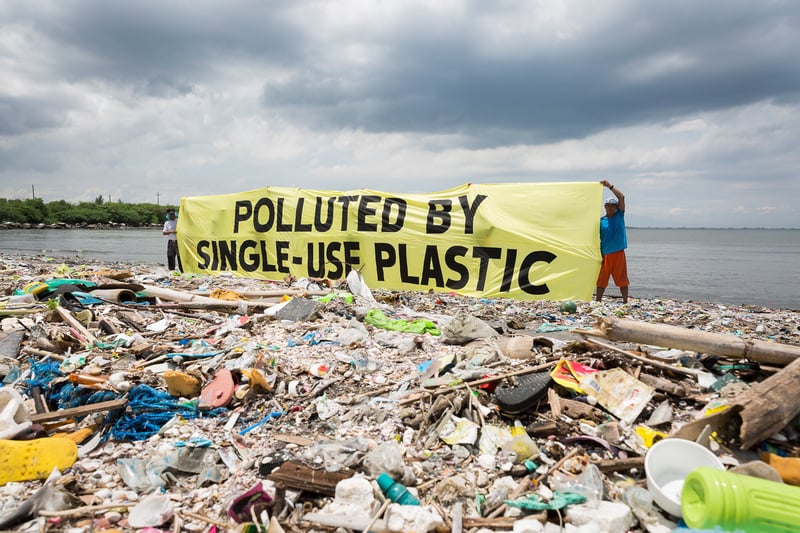Everyone has a plan until they get punched in the face. At COP 29, the victims of historical polluters have been once again kicked in the stomach. Developing countries went to COP 29 with realistic expectations – a $1.3 trillion per year climate finance goal to meet the increasing impacts of climate change and help keep the world within the global goal of limiting temperature rise below 1.5 degrees. However, COP 29 delivered a disaster for the populations already on the front line of extreme weather events. The deliberate effort by historical polluters to steer discussions off course from an ambitious, adequate, needs based and debt free climate finance goal led to the failure of the Baku climate summit to respond to the needs of the people and the planet.
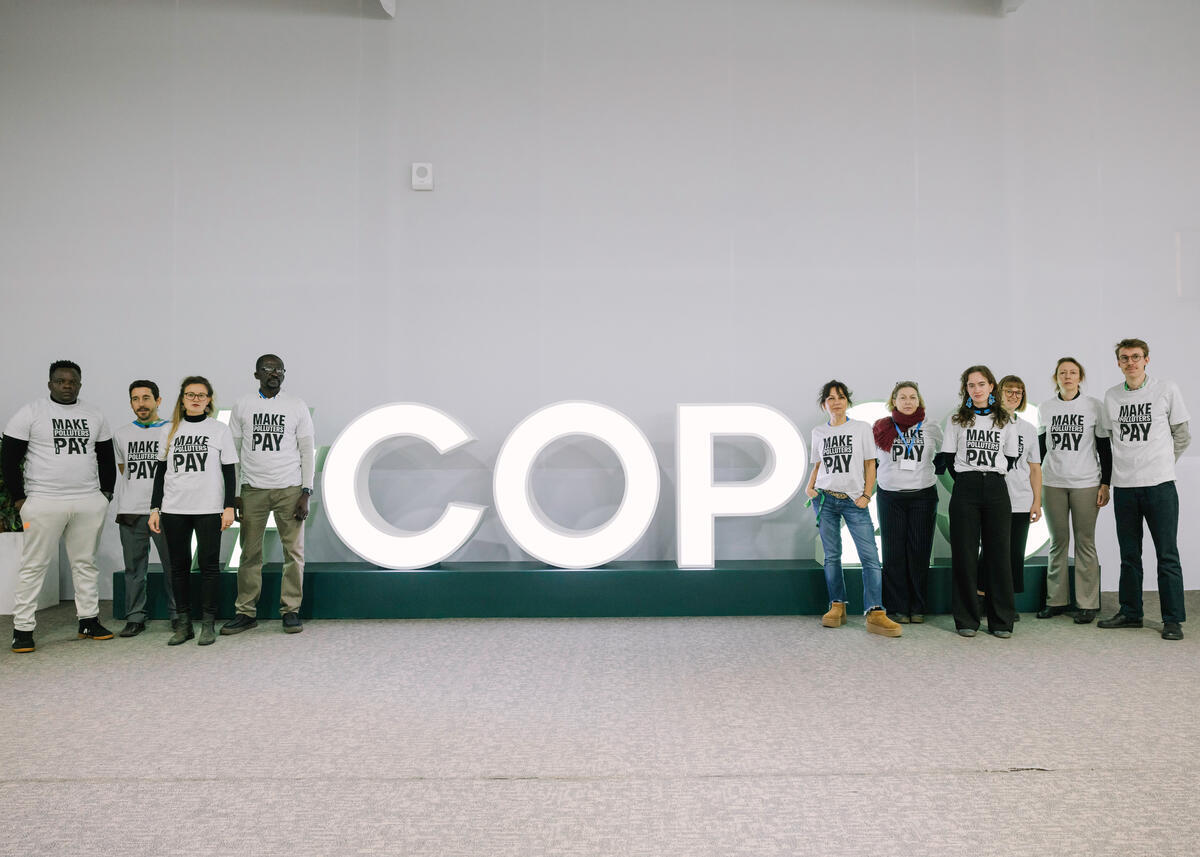
The outcomes of COP 29 fall short of fulfilling the Paris Agreement, leaving the world teetering on the brink of uninhabitable conditions. Nationally Determined Contributions (NDCs) are the lifeblood for realizing the promises made under the Paris framework. Early next year, countries are supposed to submit their second edition of NDCs. According to the 2023 IPCC report, the current NDCs are very far from meeting the 1.5 degree target. Even if all current NDCs are implemented, we will still be on a trajectory to hitting 2.8 degrees of global temperature rise by the end of the century.
Lack of adequate support, particularly in terms of financing, poses a significant barrier for developing countries striving to achieve their ambitious NDCs. The climate change convention emphasizes the principle of common but differentiated responsibilities, which calls for nations with greater capabilities and responsibilities to extend equitable financial and technological assistance. However, the recent outcomes from Baku indicate that this essential support is still lacking.
The ongoing deficiency in public climate finance for low-income and heavily indebted nations hampers efforts to safeguard the vulnerable and hinders a fair and sustainable transition in developing regions. The limited ambition reflected in the Baku outcomes poses a significant threat. Countries with a history of pollution have not taken responsibility for their part in the climate crisis, nor have they made meaningful efforts to elevate all nations to an equitable standing. Instead, rich countries, which bear a greater share of this responsibility, are passing the burden onto those who are already suffering the consequences of their pollution.
“You will hear a lot of talk about the so-called ‘tripling’ of climate finance at COP29 from the original $100 billion as the Global North will continue to spin the narrative about its commitment to climate action. The mobilization of $300 billion/year by 2035 is a misleading figure.” Explains Fadhel Kaboub, Senior Advisor at a climate think tank, Power Shift Africa.
Fadhel added that, “even with a very conservative inflation rate of 5%, the net present value of $300 billion mobilized in 2035 would be worth approximately $175 billion in 2024 dollars. Just for reference, African countries are paying $163 billion in debt service this year alone. That is how serious the Global North is about climate action.”
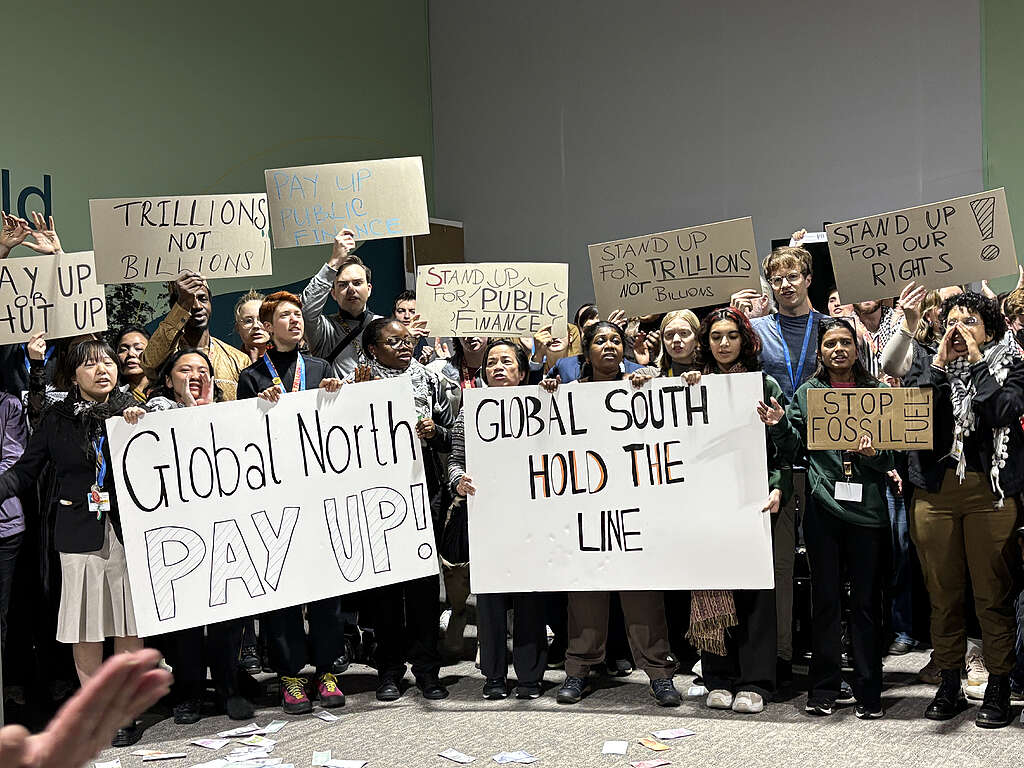
The outcomes of COP 29 allow polluters to evade their duty to implement genuine climate action by relying on carbon market strategies. It is outrageous that stakeholders still view carbon markets as groundbreaking avenues for climate financing. Increasing evidence shows that most carbon offset initiatives are little more than greenwashing scams that fail to achieve any meaningful reduction in greenhouse gas emissions. A recent article in Nature revealed that fewer than 16% of the carbon credits linked to the examined projects represent actual emission reductions. It is astonishing that global leaders persist in their misguided belief in carbon markets while our planet’s CO2 levels have already surpassed what is considered safe for a sustainable future.
Mohamed Adow, Director of Power Shift Africa, reckons that, “the carbon market rules will allow the richest to continue polluting, placing at risk the 1.5C target, while shifting the burden to developing countries.”
“Adequate climate finance is critical for adaptation, mitigation, and addressing loss and damage in developing countries. The COP 29 outcome on historic polluters only mobilizing $300 billion by 2035 in poor quality financing is outrageous.”
Already, the UN adaptation gap report of 2023 indicates that developing countries’ adaptation needs are $400 billion a year. The $300 billion climate finance goal will lead to unprecedented suffering and unacceptable losses in developing countries and threatens the future of our planet and survival.
It is not that the world lacks the money for climate finance. A recent civil society equity review indicated that fossil fuel subsidies reached a record high of $1.7 trillion in 2022. What is missing is the political will to stop subsiding pollution and shift resources into real climate action. The COP outcome leaves major polluters unaccountable by excluding provisions to tax fossil fuel companies and other high emitters and use this for climate finance.
Developing nations and civil society need to persist in advocating for improved climate finance targets, which should be financed through taxes on the ultra-wealthy and polluting corporations. Implementing a wealth tax on the super rich could ensure they take responsibility for their environmental impact while generating significant resources for climate action. Taxing the affluent can and will transform climate action and promote global wealth redistribution. This approach is crucial for tackling the climate emergency and addressing increasing inequalities.
Written by Amos Wemanya
Responsive Campaigns Lead

